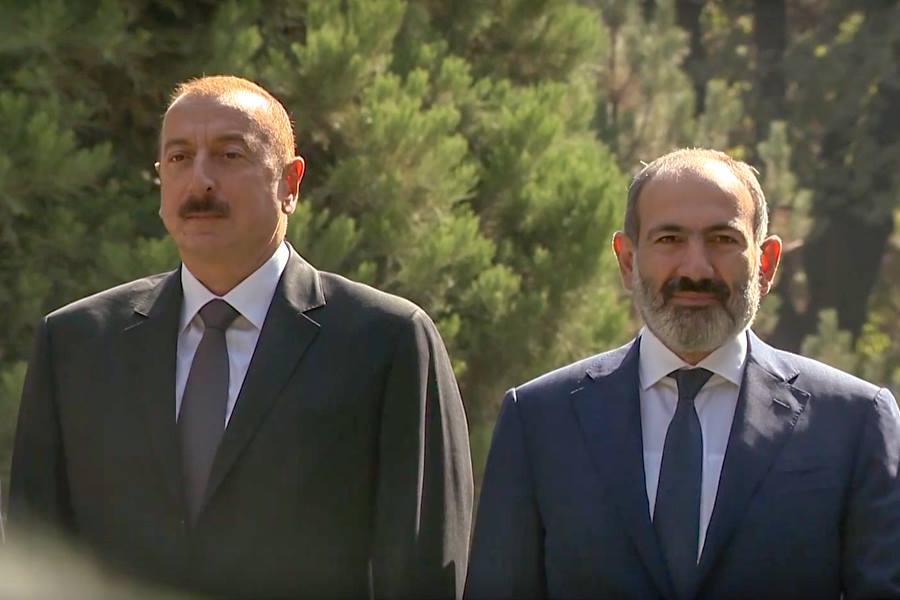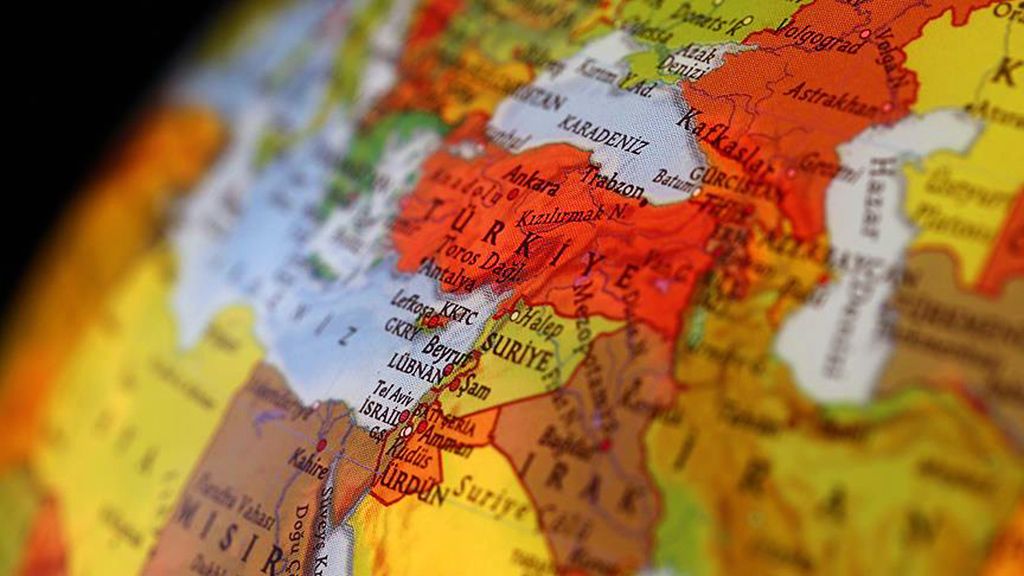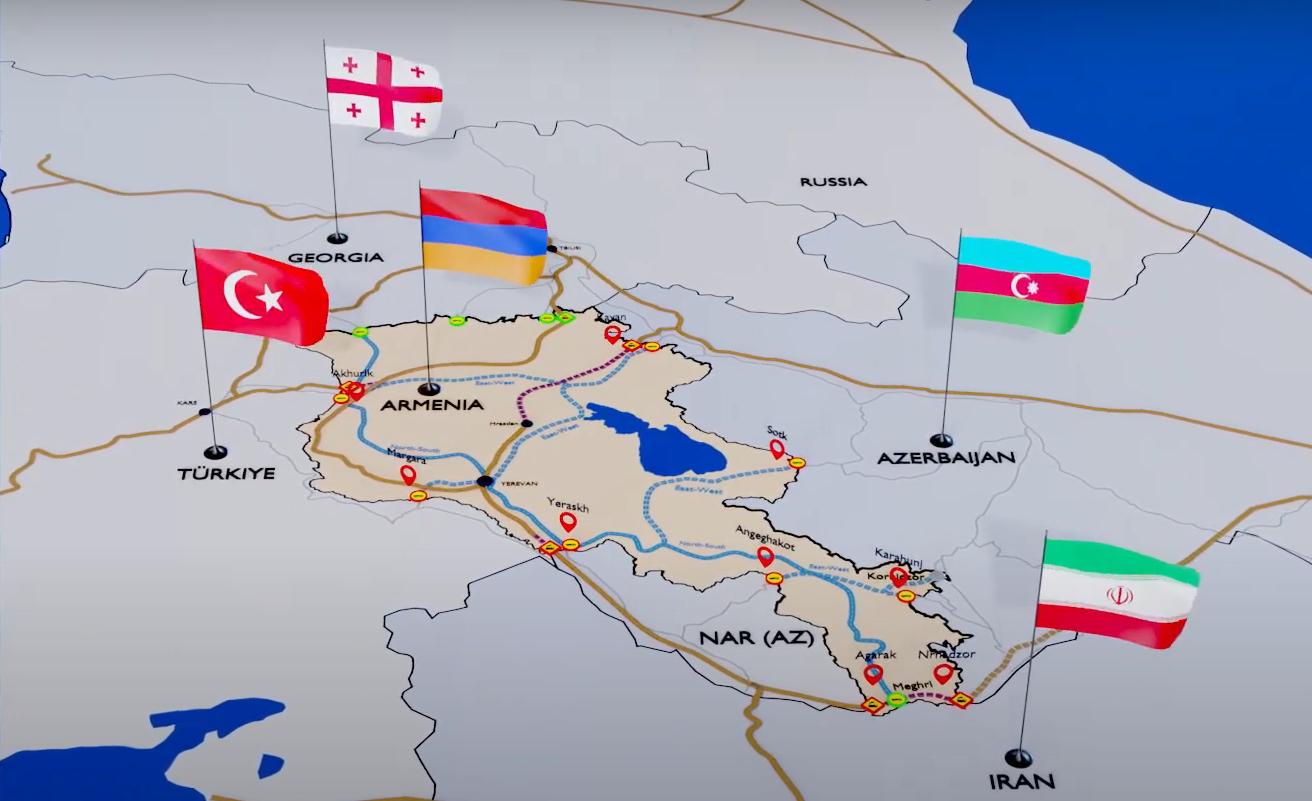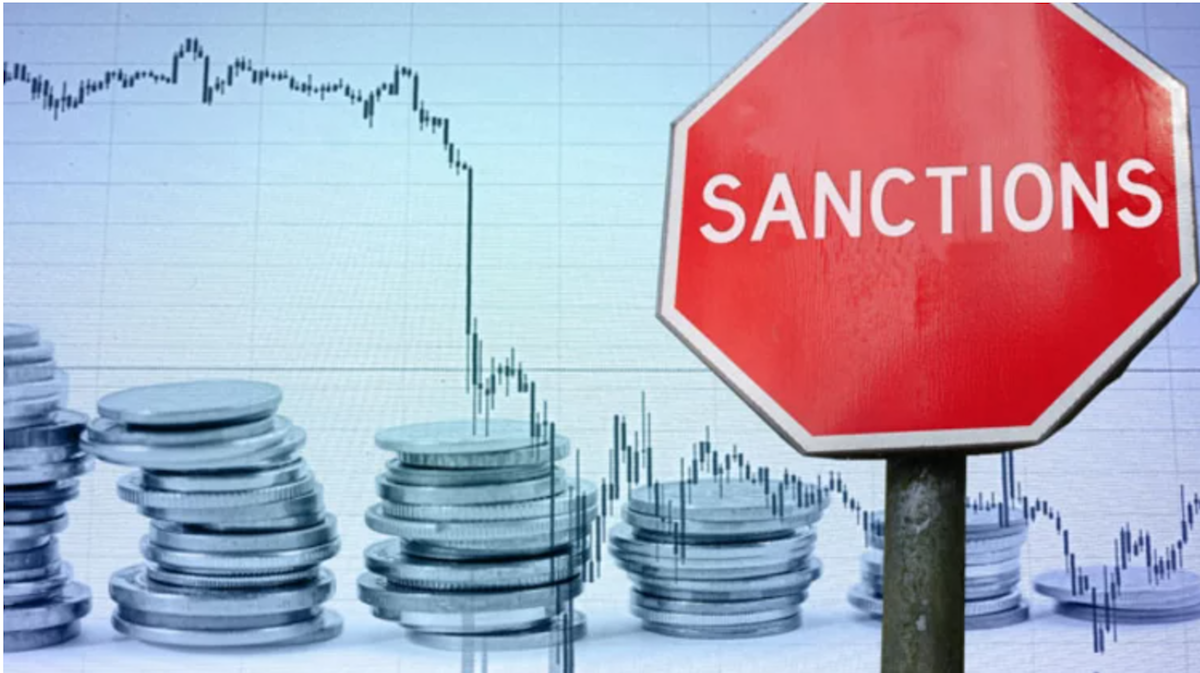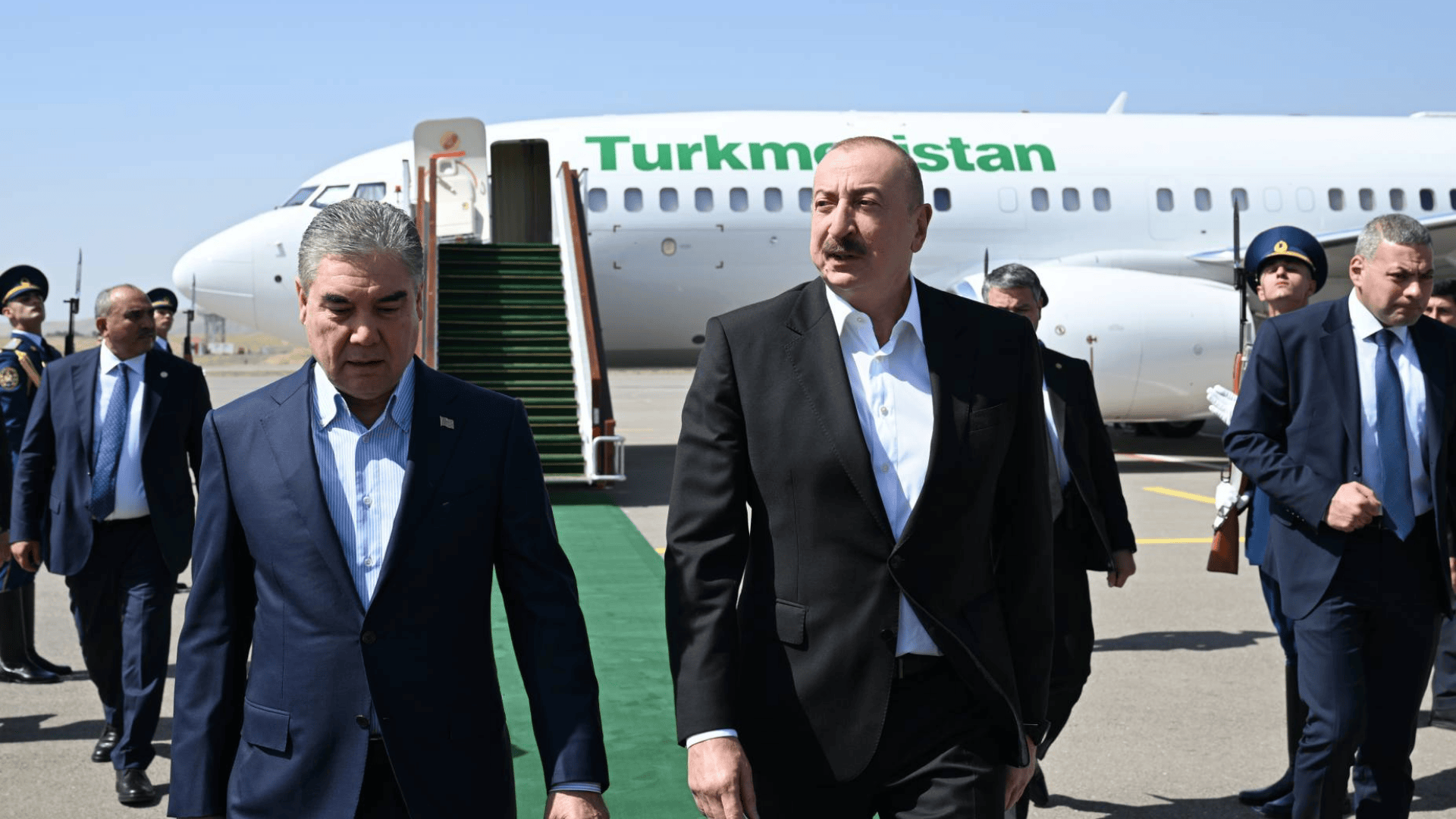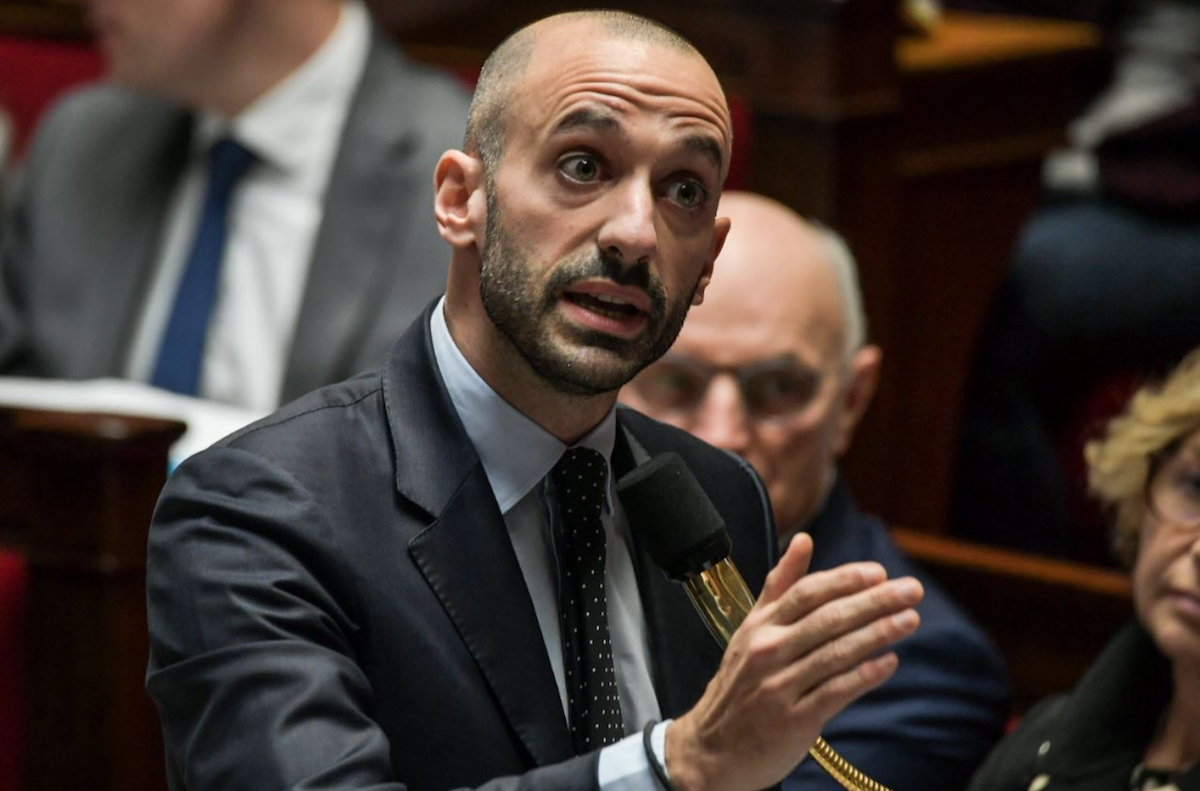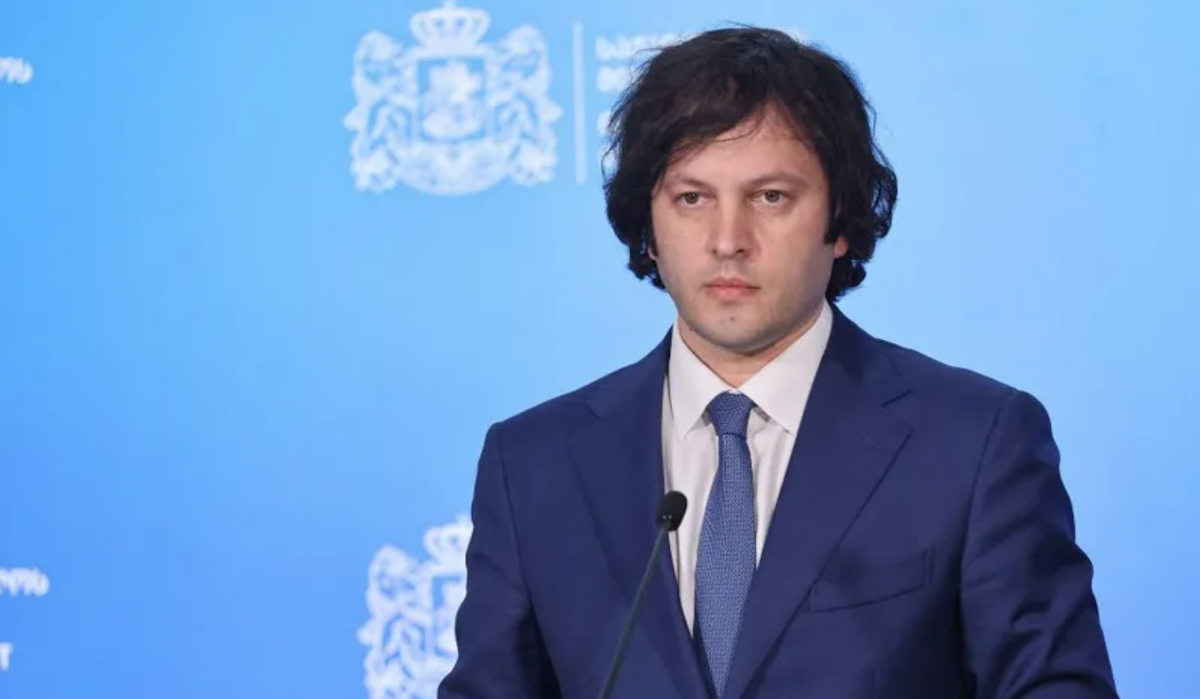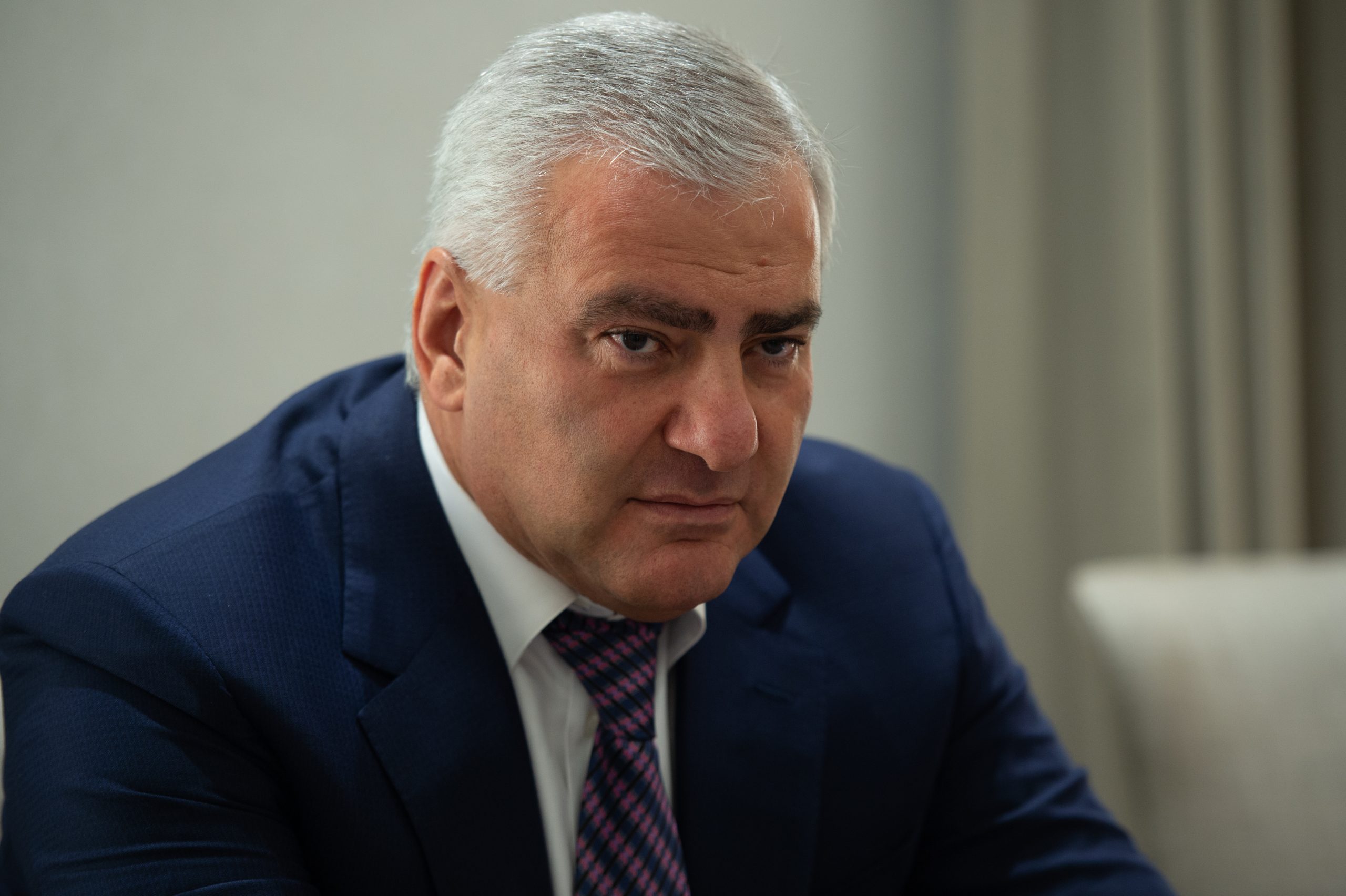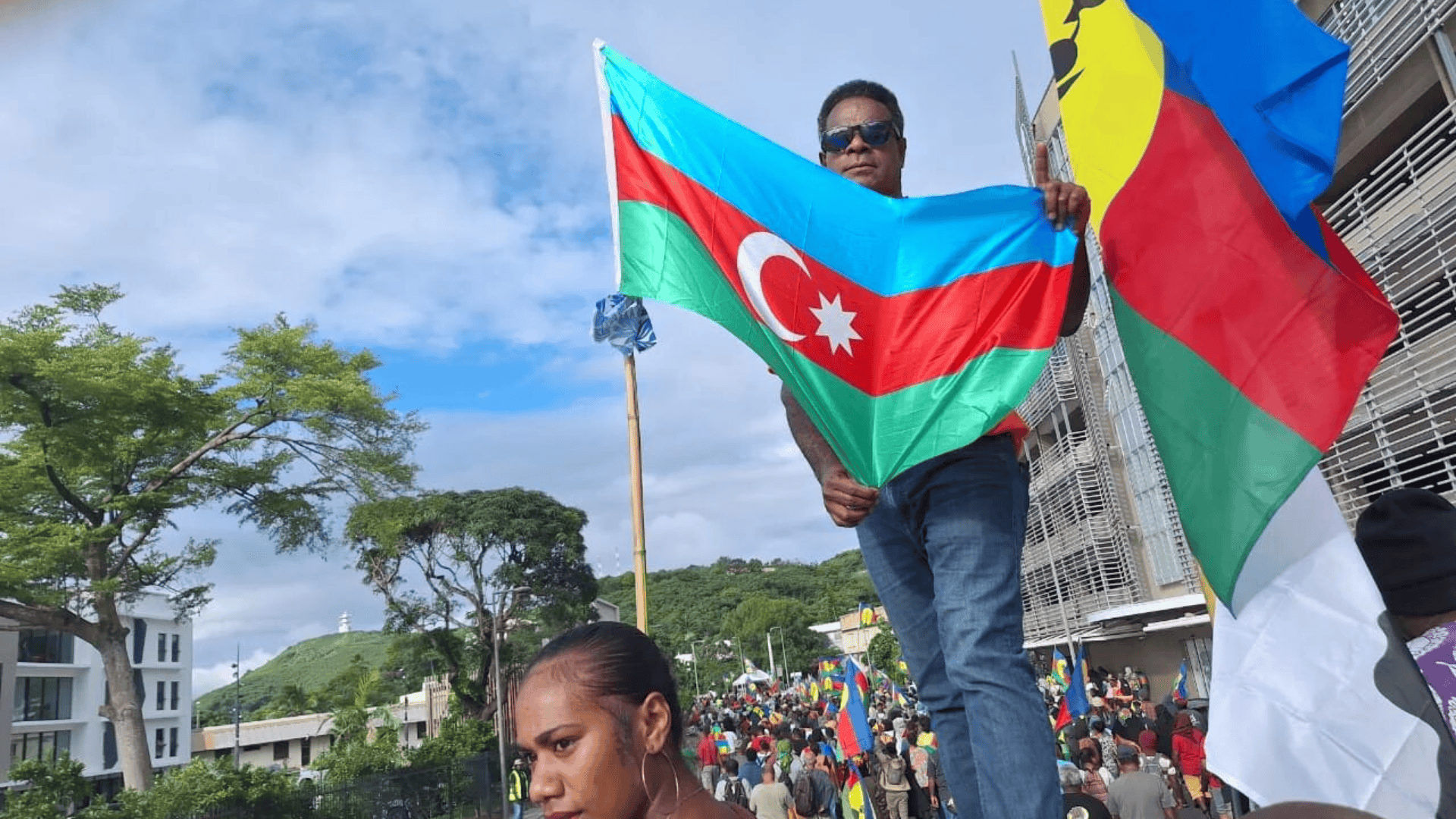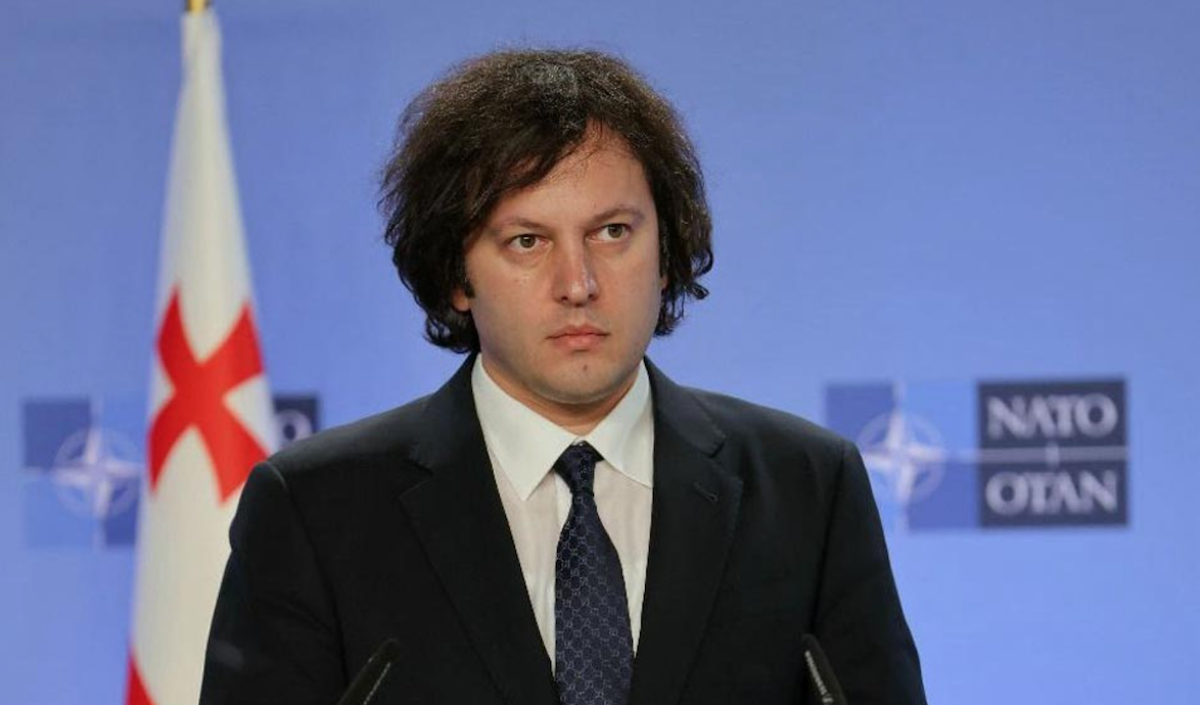"Azerbaijan, Armenia, and Georgia need a common vision to avoid being used against each other." A perspective from Baku
Russia and the West’s goals in the South Caucasus
“Since the early 1990s, Armenia has been creating conditions to strengthen Russia’s presence in the South Caucasus. Now, however, Armenia is facilitating conditions for the West to pursue its geopolitical objectives,” believes Azerbaijani political analyst Farhad Mammadov.
He analyzed how the situation in the region could change due to the influence of external actors, and how the actions of the region’s countries themselves – Azerbaijan, Armenia, and Georgia – could impact events.
- “Our Voice to Europe” – the large-scale March for Europe in Tbilisi. Photo/video
- Clerical uprising or political interference in the country: what is happening in Yerevan? Opinions
- Eastern European Strategy of Azerbaijan: View from Baku
The US and EU have become highly engaged
The United States and the European Union have kept a keen eye on the South Caucasus region for the last three years, since November 2020, following the Second Karabakh War. During this time, they have been molding both their resources and their strategic outlook.
Since December 2023, they have sprung into action. This was underscored by a remarkable development: the administrations of both Azerbaijan and Armenia issued joint, identical statements.
In a series of strategic moves, the West, represented by the United States and the European Union, has taken decisive steps:
● Georgia was granted candidate status for EU membership.
● A US/EU summit on April 5 laid the groundwork for their enhanced partnership with Armenia, focusing on economic cooperation and security matters.
● Following the collapse of negotiation platforms in Washington and Brussels, the US and EU intensified efforts to regain momentum. Despite limited success, Germany stepped in to mitigate France’s influence, facilitating a bilateral meeting in Berlin.
Russia’s response
In response to the West’s prioritization of the Georgia-Armenia tandem, Moscow took a pragmatic step: withdrawing its peacekeeping contingent from Azerbaijan (from Karabakh).
Subsequently, following a meeting between Putin and Pashinyan, the decision was made to withdraw Russian border guards from the conditional (undemarcated) border between Azerbaijan and Armenia and along the Zangezur corridor.
This move signals Russia’s decision to pull back its troops, which had been deployed to the region after the 44-day war. Moscow made concessions to the leadership of Azerbaijan and Armenia, nullifying its advantages gained after the 2020 war.
However, Russia has not relinquished its initial positions:
● Armenia, regardless, remains a member of the CSTO,
● Relations within the framework of the Eurasian Union under Russia’s leadership are further strengthening,
● Pashinyan has not raised the issue of withdrawing the Russian military base in Gyumri, nor has he addressed Armenia’s borders with Iran and Turkey.
Thus, the competition among external players in the region is directly linked to the opportunities afforded to them by the region’s own countries.
The role of the South Caucasus countries
Events unfolding in Georgia are poised to have a significant impact on the entire region.
Georgia could not remain aloof from the aftermath of the 44-day war: the normalization between Armenia and Azerbaijan, and Armenia and Turkey, alongside the unblocking of communications. The granting of candidate status to Georgia by the EU has set in motion external actors not keen on the establishment of a “western axis” in the region.
Meanwhile, the ruling party in the country seeks to capitalize on the situation for its own advantage.
For Azerbaijan, a predictable, independent, and assertive Georgia is of paramount importance.
Armenia had been shaping conditions favoring Russia in the region since the early 1990s, but it now facilitates conditions for the West to advance its geopolitical objectives.
However, the stark reality remains that severing ties with Russia could lead Armenia into significant economic turmoil. Armenian leadership is compelled to acknowledge Russia’s interests in the region. Simultaneously, the country focuses on building its own resources to enhance its sovereignty.
Azerbaijan has established its own framework of relations with external actors and neighbors. At this stage, Baku’s primary goal is to reduce geopolitical tensions around the region, foster a stable environment, and develop a joint regional approach with its three neighboring countries.
Russia and the West’s goals in the South Caucasus










